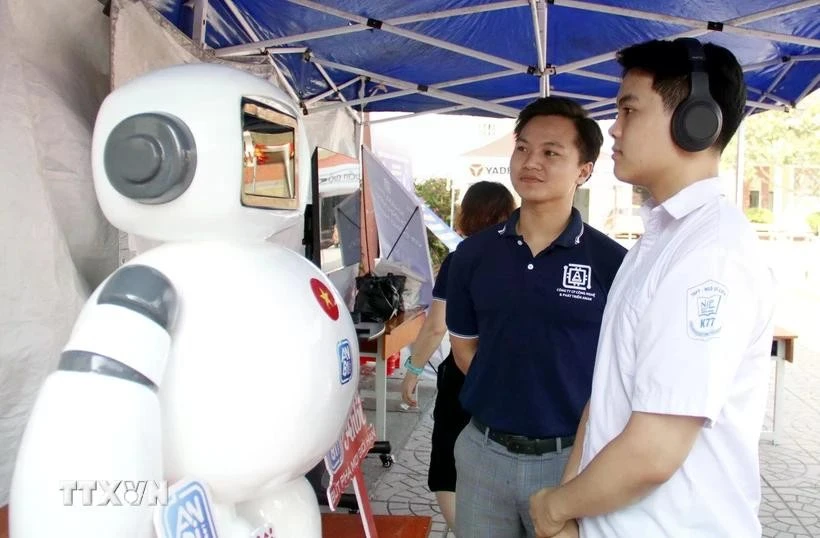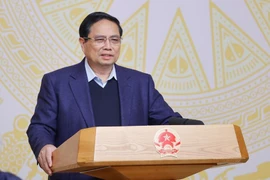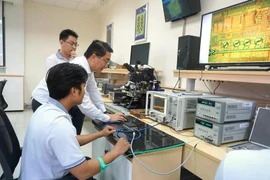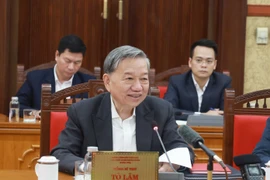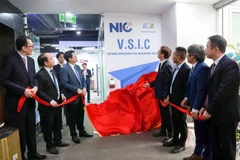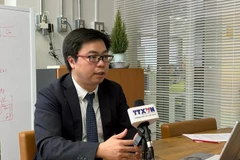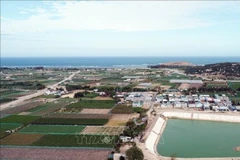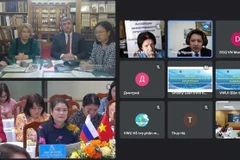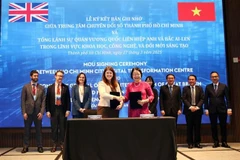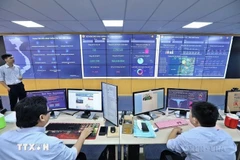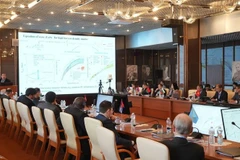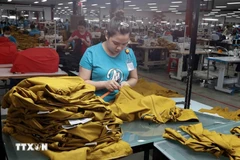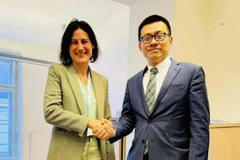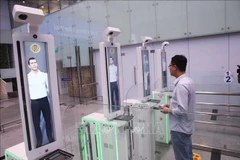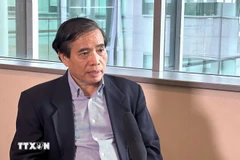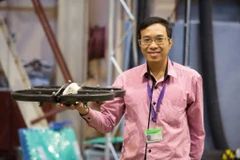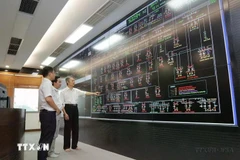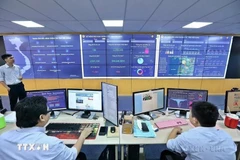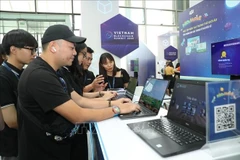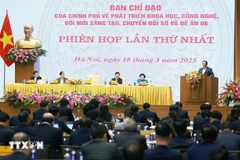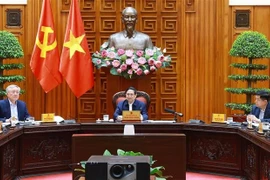Moscow (VNA) – Vietnam has chosen a right direction by setting the goal of making science – technology development, and innovation main driving forces for socio-economic development, said Dr. Grigory Trubnikov, Academician of the Russian Academy of Science and Director of the the Joint Institute for Nuclear Research (JINR) in Dubna (commonly known as Dubna Institute).
The country is a rapidly growing economy with a large population, favourable geographical location and climatic conditions, Trubnikov said in a recent interview with told Vietnam News Agency correspondents in Russia on the Politburo’s Resolution No.57 on breakthroughs in science, technology, innovation, and national digital transformation, regarded as a resolution that aims to unleash Vietnam’s technological potential.
Vietnam can thrive in various indices, including economic, scientific, technological, and educational metrics, he said, adding that international cooperation is a way for the development of national sciences.
According to him, this mechanism is very beneficial economically and intellectually as each country contributes a part. When these contributions come together, they create tremendous intellectual potential that belongs to all. Publications, inventions, and technologies from the JINR are made public to scientific communities worldwide. This is vey helpful for Vietnam and other member countries of the JINR, he said.
He highlighted cooperation between Vietnam and Russia, saying the bilateral partnership in science has gained new momentum with the Vietnamese government approving a policy decision to establish a nuclear technology centre. The Dubna Institute has actively participated, such as designing some very complex equipment for areas such as medicine, biology, fundamental research, and new materials.
Thanks to the exchange of delegations over the past three years, both sides can now collaborate on this project, he said, emphasising that this project will shape Vietnam's science for the next 30-40 years.
The JINR Director noted that although the project is still in the design phase, Vietnamese scientists in Dubna have been preparing and enhancing their skills to fulfil the project tasks.
He said he hopes that the centre will be built in the next one or two years, with the involvement of Russia’s Rosatom State Atomic Energy Corporation. By then, 20-30 staff members trained from Dubna, equipped with practical experience and skills will be ready to contribute to their homeland.
Currently, about 30 Vietnamese scientists are working at the Dubna Institute, a number that has significantly increased since last year. The institute is set to welcome nearly 20 others. At the institute, Vietnamese staff are engaged in scientific research, defending theses, and enhancing their qualifications before returning to contribute to Vietnam's science. All of this is a result of the right policy on developing science and technology, he affirmed./.
